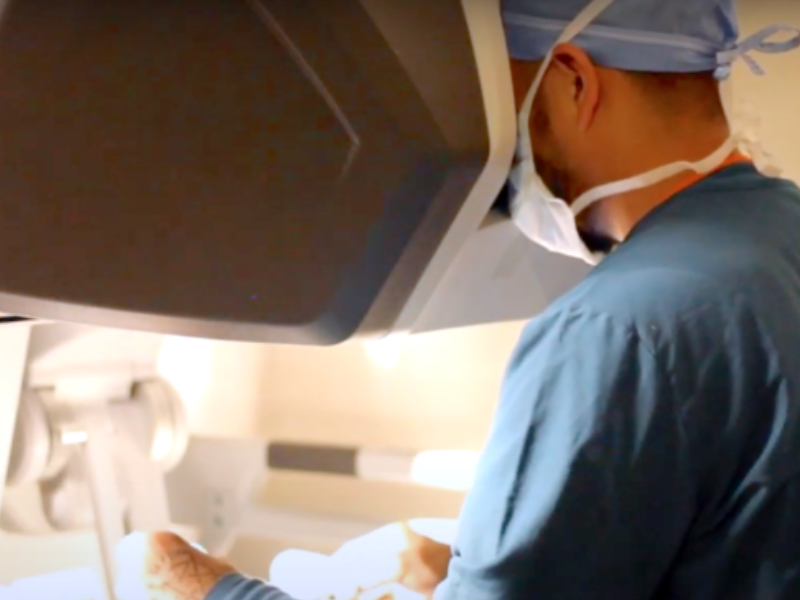Bariatric surgery has undergone significant evolution over the past several decades. Today, it is a very safe procedure, with complication rates comparable to those of a routine gallbladder removal.
Bariatric, or weight loss, surgery is a subspecialty of general surgery that focuses on managing obesity-related conditions such as type II diabetes, high cholesterol, high blood pressure, acid reflux, and sleep apnea, among others. The term “weight loss surgery” can be somewhat misleading because the primary goal is not just to reduce weight, although weight loss is a highly desirable outcome. Bariatric surgery is designed to address metabolic syndrome, a collection of conditions that can lead to serious health consequences and even early death.
Advances in minimally invasive techniques, including robotically assisted surgery, have made these complex procedures safer than ever. While surgery may seem intimidating, for qualifying patients, the benefits of bariatric surgery often far outweigh the risks, offering significant improvements in health and quality of life.


